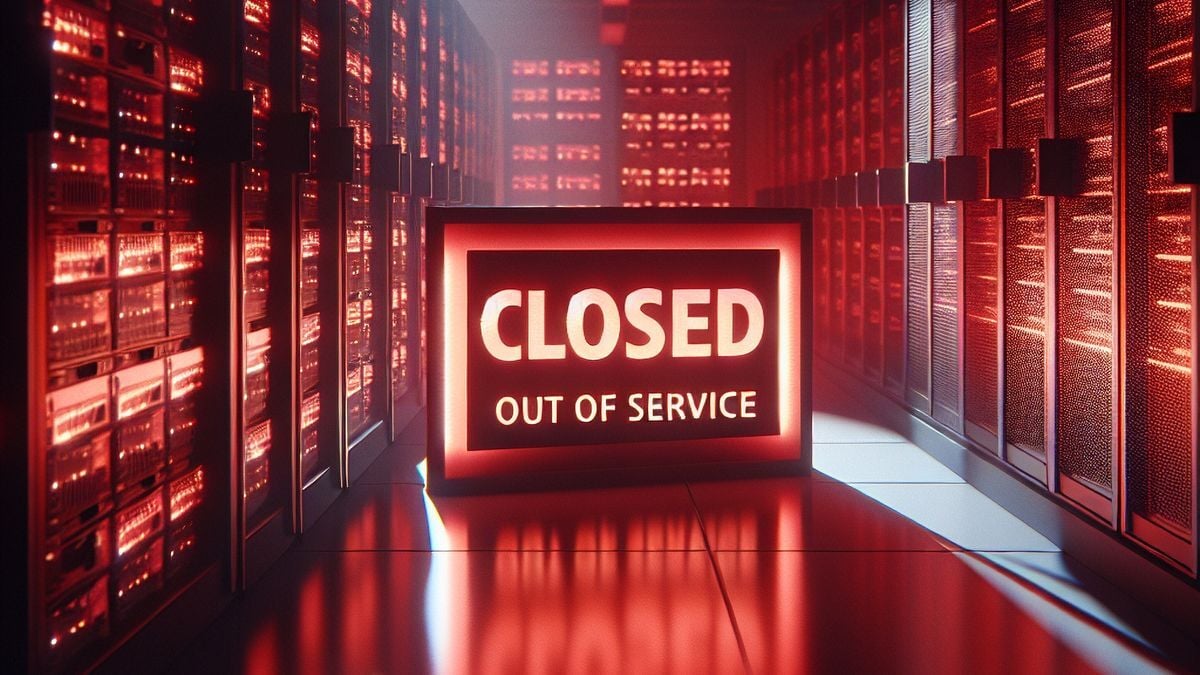I never knew that USB-C extensions are not allowed for a reason
-
There is a reason for USB-C extensions not to be part of the standard. They can be bothersome in the best case and dangerous in the worst.
-
There is a reason for USB-C extensions not to be part of the standard. They can be bothersome in the best case and dangerous in the worst.
How does this apply to a usb-c-to-headphone-port adapter, if at all? If someone's using one to regain access to a 3.5mm audio jack, are any risks posed?
-
How does this apply to a usb-c-to-headphone-port adapter, if at all? If someone's using one to regain access to a 3.5mm audio jack, are any risks posed?
That's not an extension cable, but an adapter, thus it's not a problem in this case. It's a cable that can convert the data from an audio jack to something that can go through USB-C, not a cable that simply extends a USB-C cable. The cable can almost certainly handle any amount of power and data that an audio jack would pass through it, no problem, even if it were a USB-C to USB-C extension cable, and not an adapter.
The problem arises when someone tries using a higher-spec USB-C cable with a lower-spec USB-C extension cable, such as using a 240W charger with the lower-spec USB-C extension cable in the middle that can only do 120W. In that case, it would pass more electricity through than the lower-spec cable could handle, and it would overheat.
The amount of data and power from an audio jack is simply too small to overwhelm practically any USB-C cable or adapter that exists, thus it's not an issue.
-
That's not an extension cable, but an adapter, thus it's not a problem in this case. It's a cable that can convert the data from an audio jack to something that can go through USB-C, not a cable that simply extends a USB-C cable. The cable can almost certainly handle any amount of power and data that an audio jack would pass through it, no problem, even if it were a USB-C to USB-C extension cable, and not an adapter.
The problem arises when someone tries using a higher-spec USB-C cable with a lower-spec USB-C extension cable, such as using a 240W charger with the lower-spec USB-C extension cable in the middle that can only do 120W. In that case, it would pass more electricity through than the lower-spec cable could handle, and it would overheat.
The amount of data and power from an audio jack is simply too small to overwhelm practically any USB-C cable or adapter that exists, thus it's not an issue.
Thanka much for this explanation!
-
Scientists make game-changing breakthrough that could slash costs of solar panels: 'Has the potential to contribute to the energy transition'
Technology 1
1
-
-
-
We built our own AI assistant (J-TECH AI) to showcase what we can do – here’s what it does and why
Technology 2
2
-
-
-
-
Research shows more than 80% of AI projects fail, wasting billions of dollars in capital and resources: Report
Technology 1
1



